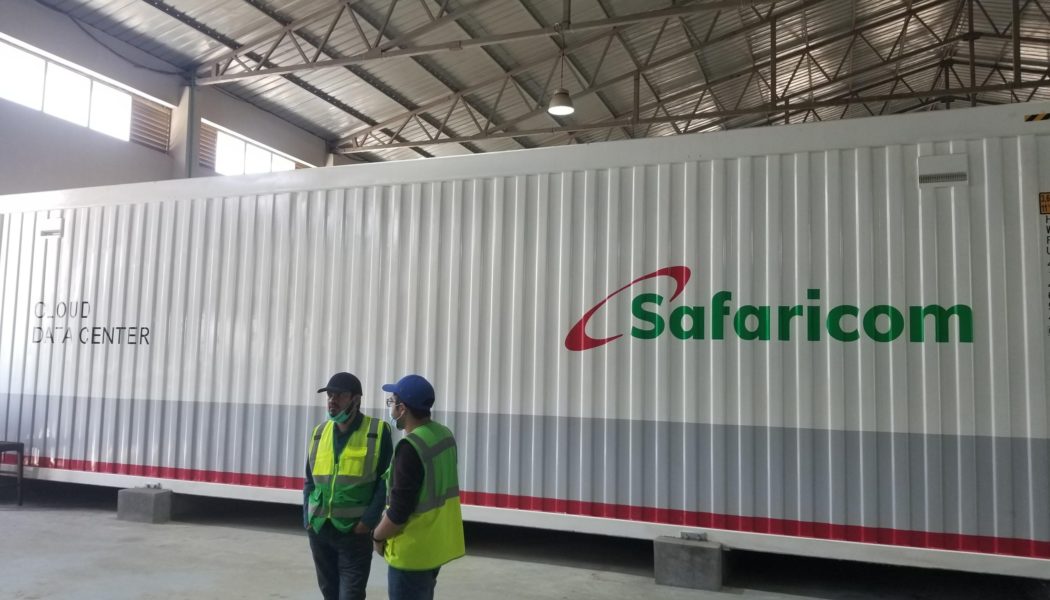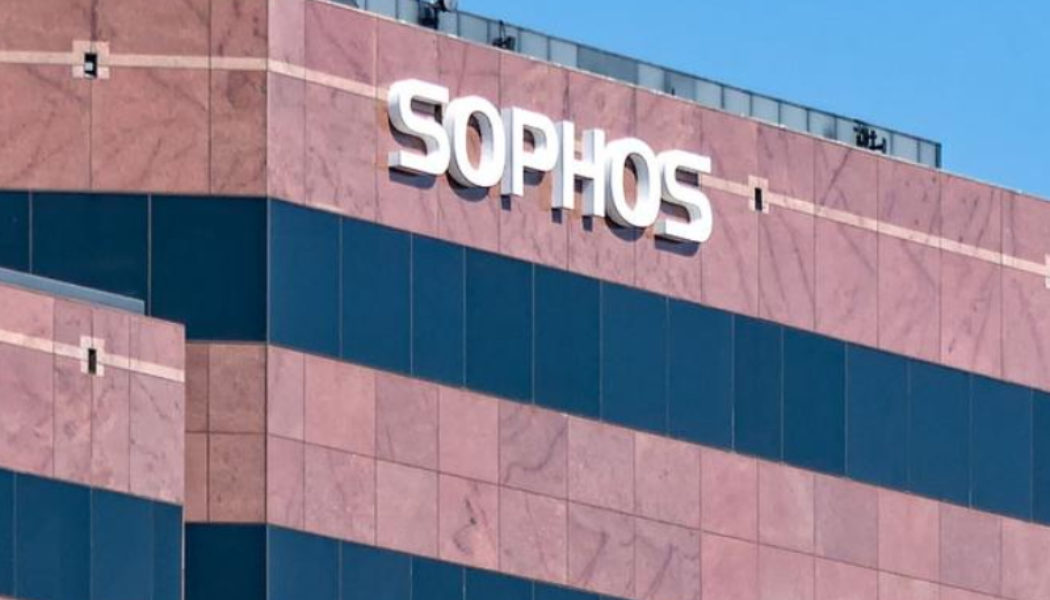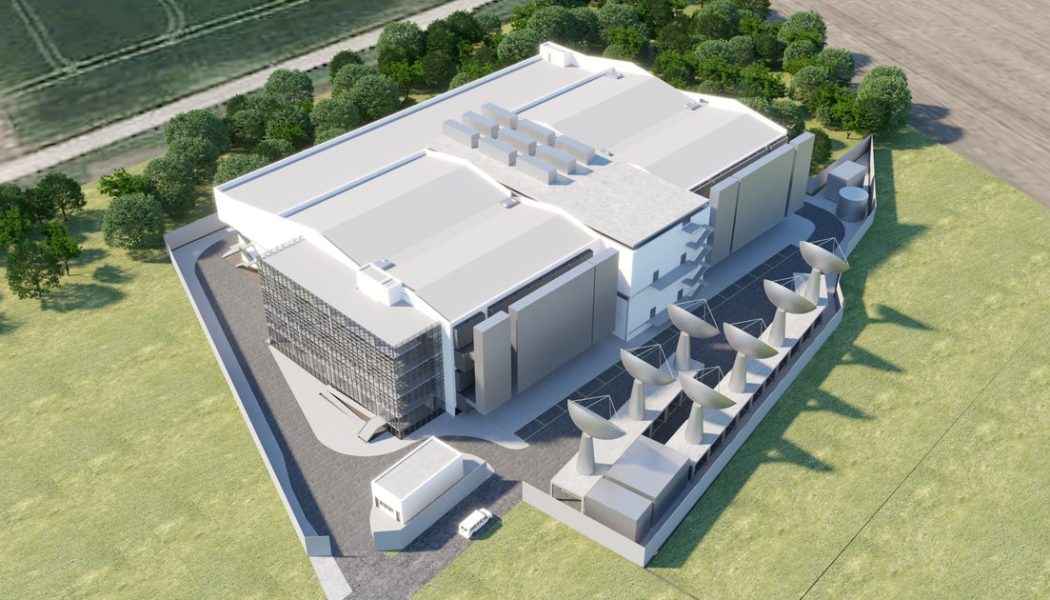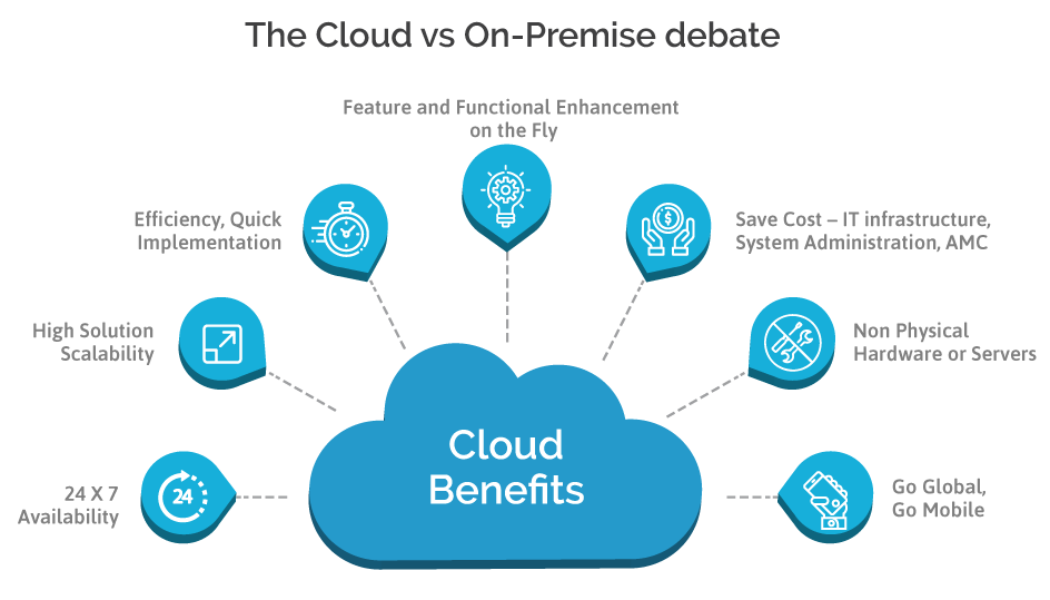latest tech news
Ukraine War Leads to Largest Ever Spike in DDoS Attacks – Kaspersky
Image sourced from Packetlabs. According to Russian cybersecurity group Kasperksy, compared to Q1 2021, the number of Distributed Denial of Service (DDoS) attacks in Q1 2022 rose 4.5 times with a considerable number of the attacks likely to be the result of hacktivist activity. Kaspersky says it operates independently from the Russian government, even as its antivirus software is being investigated in Europe. The firm continues that the attacks also showed an unprecedented duration for DDoS sessions, particularly those aimed at state resources and banks. Further information has been included in a report issued by Kaspersky. DDoS Attacks Distributed Denial of Service (DDoS) attacks are designed to interrupt network resources used by businesses and organisations and prevent them from functio...
How Innovation in Tech is Outsmarting Crime in South Africa
We use cookies on our website to give you the most relevant experience by remembering your preferences and repeat visits. By clicking “Accept All”, you consent to the use of ALL the cookies. However, you may visit “Cookie Settings” to provide a controlled consent.
Sophos Acquires SOC.OS to Bolster its Cloud Security Offerings
Image sourced from Australian Reseller News. Sophos, the global cybersecurity firm, today announced that it has acquired SOC.OS, an innovator of a cloud-based security alert investigation and triage automation solution. SOC.OS consolidates and prioritizes high volumes of security alerts from multiple products and platforms across an organization’s estate, allowing security operations teams to quickly understand and respond to the most urgent cases flagged. The solution launched in 2020 and is a spinout of BAE Systems Digital Intelligence. The company is privately held and based in Milton Keynes, U.K. Sophos Bolsters its Cybersecurity Offerings with SOC.OS With SOC.OS, Sophos plans to advance its Managed Threat Response (MTR) and Extended Detection and Response (XDR) solutions for organizat...























